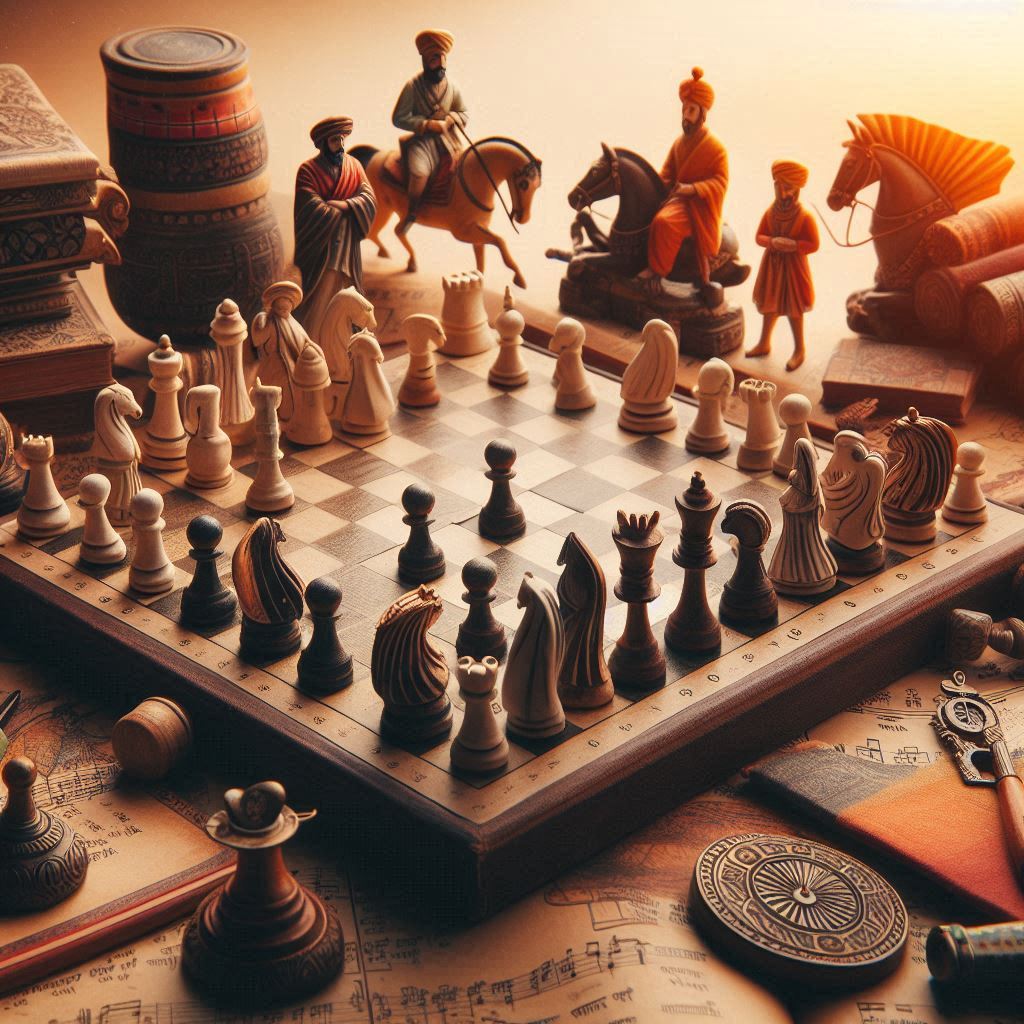Introduction
In the digital age, chess databases have become invaluable tools for players at all levels. These databases compile vast amounts of information, including historical games, opening repertoires, and player statistics, providing a wealth of resources for analysis and learning. This blog will guide you on how to effectively use chess databases to improve your skills and elevate your game.
Choosing the Right Chess Database
Popular Databases and Their Features: There are several popular chess databases, each offering unique features and benefits:
- ChessBase: One of the most comprehensive databases, featuring millions of games, detailed analysis tools, and powerful search capabilities.
- Lichess: An online platform with a vast game database, offering free access to historical games and analysis tools.
- Chess.com: Provides an extensive game archive, along with various tools for studying openings, endgames, and player statistics.
- Fritz: Known for its user-friendly interface and integration with powerful chess engines for in-depth analysis.
Understanding the Basics
How Chess Databases Work: Chess databases store and organize games played by players of all levels, from amateurs to grandmasters. They allow users to search for games based on various criteria, such as player names, openings, and positions. Databases also offer tools for analyzing games, identifying patterns, and learning from the strategies and mistakes of others.
Analyzing Historical Games
Learning from the Masters: Studying games played by top grandmasters provides invaluable insights into advanced strategies and tactics. Use chess databases to:
- Search for Classic Games: Find and analyze games by legendary players like Bobby Fischer, Garry Kasparov, and Magnus Carlsen.
- Examine Key Moments: Focus on critical positions and moves that determined the outcome of the game.
- Learn from Annotations: Read annotated games to understand the thought process behind key decisions.
Studying Opening Repertoires
Building and Refining Your Openings: Chess databases are essential for developing a strong opening repertoire. Here’s how to use them effectively:
- Explore Popular Openings: Search for and study common openings, such as the Ruy Lopez, Sicilian Defense, and Queen’s Gambit.
- Analyze Variations: Understand different variations within an opening and their implications for the middlegame.
- Identify Trends: Keep up with current trends and novelties in opening theory by analyzing recent games from top tournaments.
Improving Middle Game Strategy
Using Databases to Enhance Tactical and Strategic Skills: The middlegame is where strategic plans and tactical motifs come to life. Use databases to:
- Study Positional Play: Analyze games to learn about pawn structures, piece activity, and strategic planning.
- Practice Tactics: Identify and solve tactical puzzles extracted from real games to sharpen your calculation skills.
- Review Middlegame Plans: Examine how grandmasters transition from the opening to the middlegame and implement strategic plans.
Mastering Endgames
Endgame Studies and Techniques: Chess databases can help you master the endgame, a critical phase of the game where many matches are decided:
- Find Endgame Positions: Search for specific endgame scenarios, such as rook endgames, pawn endgames, and king and pawn versus king.
- Learn Theoretical Endgames: Study theoretical endgames to understand fundamental concepts and techniques.
- Analyze Practical Endgames: Review endgames from real games to see how theory is applied in practice.
Tracking Your Progress
Using Databases to Monitor Improvement: Chess databases can be used to track your progress and identify areas for improvement:
- Review Your Games: Upload and analyze your own games to identify mistakes and learn from them.
- Track Performance: Monitor your performance over time by reviewing your games and results.
- Set Goals: Use insights from your analysis to set specific, achievable goals for improvement.
Practical Tips for Database Use
Best Practices and Techniques:
- Consistent Study: Regularly use databases to study and analyze games.
- Focused Analysis: Concentrate on specific aspects of your game, such as openings, tactics, or endgames.
- Take Notes: Keep detailed notes of your analysis and observations for future reference.
- Learn from Mistakes: Focus on understanding and correcting your mistakes.
Integrating Databases with Other Tools
Combining Databases with Engines and Software: Enhance your study by integrating chess databases with other tools:
- Chess Engines: Use engines like Stockfish to analyze positions and evaluate moves.
- Training Software: Combine databases with training software to practice specific skills.
- Online Resources: Leverage online platforms for additional lessons, puzzles, and interactive learning.
Avoiding Common Pitfalls
Mistakes to Avoid When Using Chess Databases:
- Over-Reliance on Engines: While engines are powerful tools, relying too heavily on them can hinder your own analytical development.
- Ignoring Fundamentals: Ensure you understand basic principles and concepts rather than just memorizing moves.
- Lack of Focus: Avoid jumping between too many openings or topics without mastering any of them.
FAQs
What is a chess database?
A chess database is a collection of recorded chess games that can be searched and analyzed for study and improvement.
How can I use a chess database to improve my game?
You can use a chess database to study historical games, build and refine your opening repertoire, improve your middlegame strategy, and master endgame techniques.
Which chess database is the best for beginners?
Lichess and Chess.com are excellent choices for beginners due to their user-friendly interfaces and free access to a vast collection of games and analysis tools.
How often should I use a chess database for study?
Regular study, such as a few times a week, is recommended to consistently improve your skills and retain what you learn.
Can chess databases help with understanding current trends in chess?
Yes, chess databases allow you to stay updated with the latest developments and trends in opening theory and overall play by analyzing recent games from top tournaments.
Conclusion
Using chess databases effectively can significantly enhance your understanding and performance in the game. By studying historical games, refining your openings, improving your middlegame and endgame skills, and tracking your progress, you can unlock your full potential as a chess player. Embrace these powerful tools, integrate them with other resources, and watch your chess skills soar to new heights.



